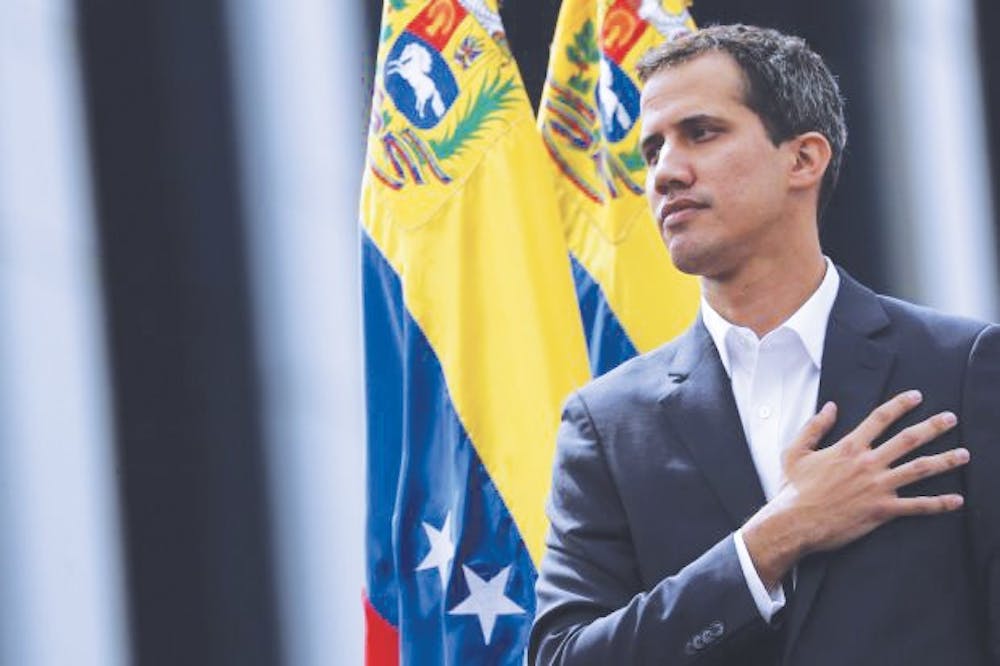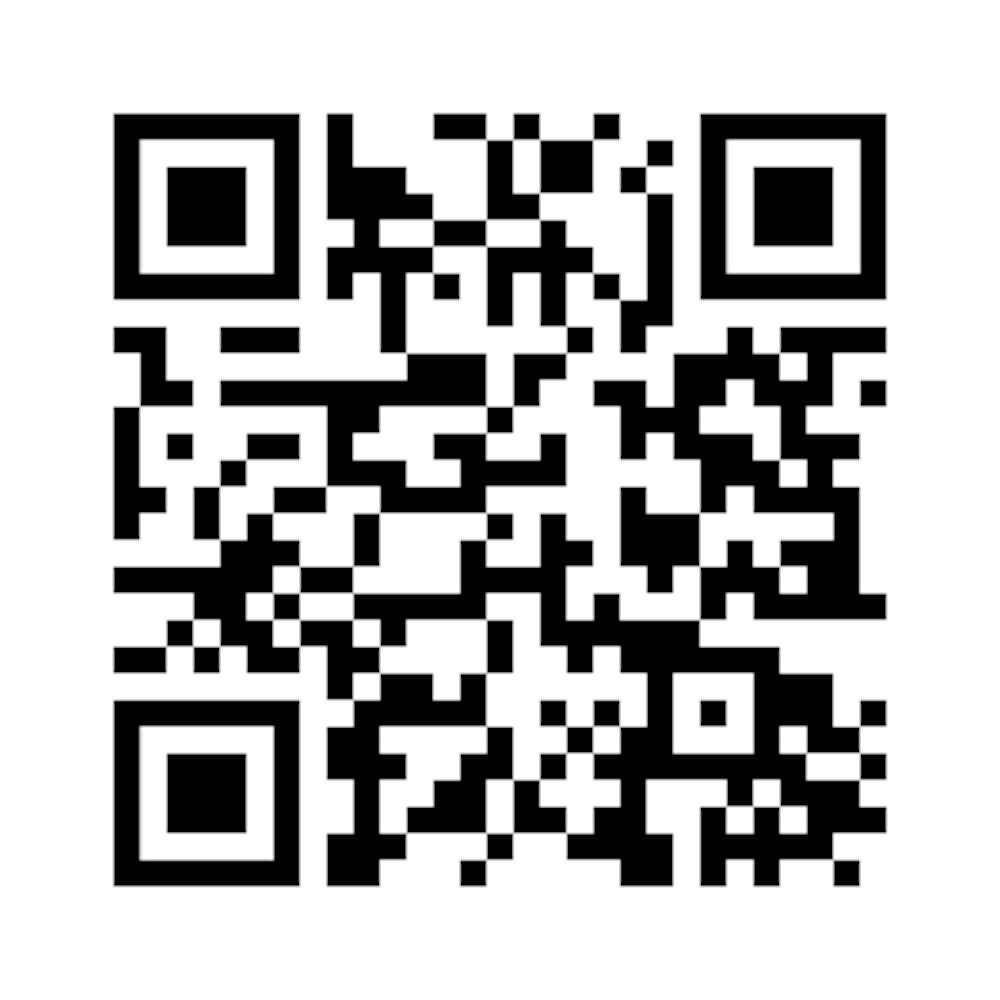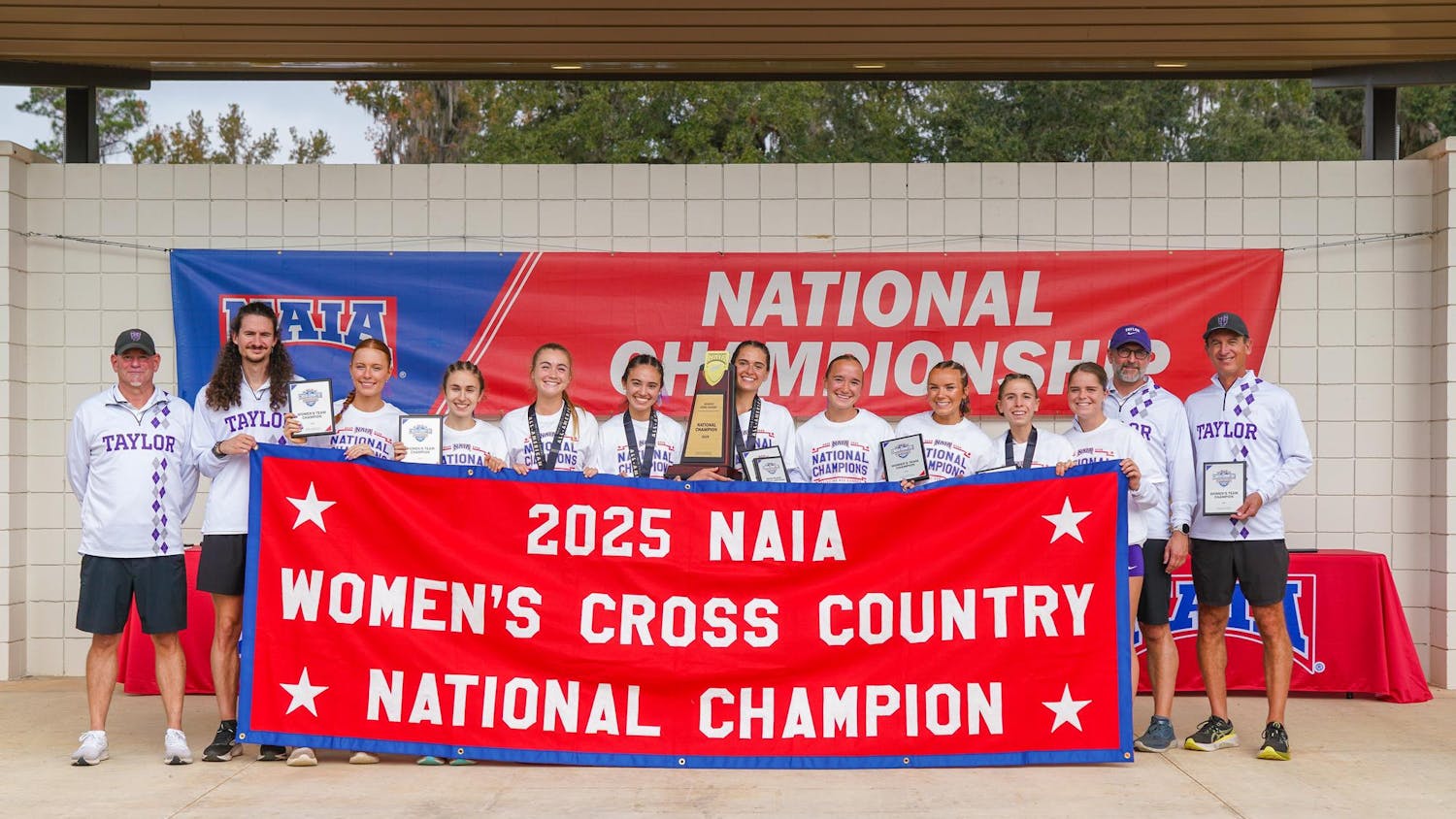Grace Hooley | The Echo

"What's happening in Venezuela is real," senior Julio Rodriguez said. "Most of my family is over there, and people are dying every single day in my country."
This past Saturday, Feb. 23, interim president of Venezuela, Juan Guaidó, security forces, Venezuelan citizens and paramilitary groups attempted to bring U.S. aid into Venezuela from the Colombian border.
They were met with violence from the military that the president of Venezuela, Nicolás Maduro, still controls. According to the Wall Street Journal, two people were killed and more than 300 were injured, most of them civilians. Two trucks were also burned while carrying aid consisting mostly of food and medicine.
"I believe it is really bad that Maduro is refusing international aid," junior Andrea Leon said. "Venezuela needs more humanitarian missions and services. There are people dying of hunger and diseases, and Maduro doesn't do anything about it. Human rights are not supported in my country, and if he cannot provide the help the people need, at least he should accept what the other countries are willing to do for us."
The current president of Venezuela, Maduro, was elected to his first term in 2013. In the time since he has taken office, hunger and poverty have increased within the country, as well as violence.
Inflation due to the country's situation has caused citizens to experience more death due to lack of food and basic medical needs than Latin America has experienced in a decade.
Citizens of Venezuela are attempting to flee to the surrounding countries of Brazil and Colombia. According to the Wall Street Journal, at least 326 soldiers, National Guard troops and police officers have attempted escapes to surrounding countries as well.
"I do have family and friends in Venezuela right now," Leon said. "My mom and my sister are still living there. However, my mom is already planning to move out to Spain this summer when my sister graduates from high school. She struggles to find food and medicine because everything is really expensive for her. She quit her job because she felt like she was working as a slave, and she would just earn around $50 a month. . . . So, basically, the only solution that Venezuelans can find is to leave the
country."
Guaidó stepped in as interim president Jan. 23, after large protests across Venezuela's country rejected Maduro as president. Maduro still has control over the military, and refuses any foreign aid to the people, claiming it is a Trojan horse that will lead to U.S. invasion and humiliation for the people.
Currently, the United States, most of Latin America and the EU all recognize Guaidó as president. This is an issue when other countries such as Russia, Bolivia, Iran, Mexico, Uruguay, China and Cuba recognize Maduro as president.
"In terms of which side to support, it is always interesting to see which side the global community lines up behind," Professor of History Kevin Johnson said.
The people are fleeing, and the U.S. has begun to impose sanctions on allies of Maduro and has asked other countries to do the same, but the U.S. has backed off from the threat of military invasion.
Rodriguez and Leon are two Taylor students from Venezuela. They fear for their country and its people, and they hope to see it rise once again.
"It is disheartening to see the political instability playing out in Venezuela," director of Taylor World Outreach, Chip Bii said. "Back in Africa, we say that when elephants fight, the grass gets damaged. While the political dynamics in Venezuela may be complicated and details are not clear to outsiders like me, it is obvious that people are suffering . . . This situation should concern everyone around the world from the perspective of compassion."
Leon describes what is going on in Venezuela as a dictatorship, and she rejects Maduro and what he has done to her country.
Rodriguez is heartbroken for his country and desires to see it recover from this situation.
"My hope for Venezuela is to see it rise again," Rodriguez said. "Venezuela was a country known for its beautiful people, tourism, nature, prosperity and oil. The Venezuela I know now is not the Venezuela South America once knew. I wish to see a Venezuela that inspires people to visit and engage with our culture instead of a country where its own people can't live in."
Bii pressures and encourages the Taylor community to pray and support their brothers and sisters in Venezuela in any way they can.
Rodriguez encourages students to educate themselves before they begin conversations about what is happening.
"Sometimes people try to engage in conversations without any idea, and that doesn't make it easier to talk about," Rodriguez said. "This has been going on for (over four) years and it's hitting Americans' ears today. There are short videos which explain what's going on, and I would encourage those who are interested to do some research and take seven minutes out of their day to know what is going on. This just makes the conversation easier to engage with the existential crisis going on Venezuela, instead of a superficial account of background knowledge."





